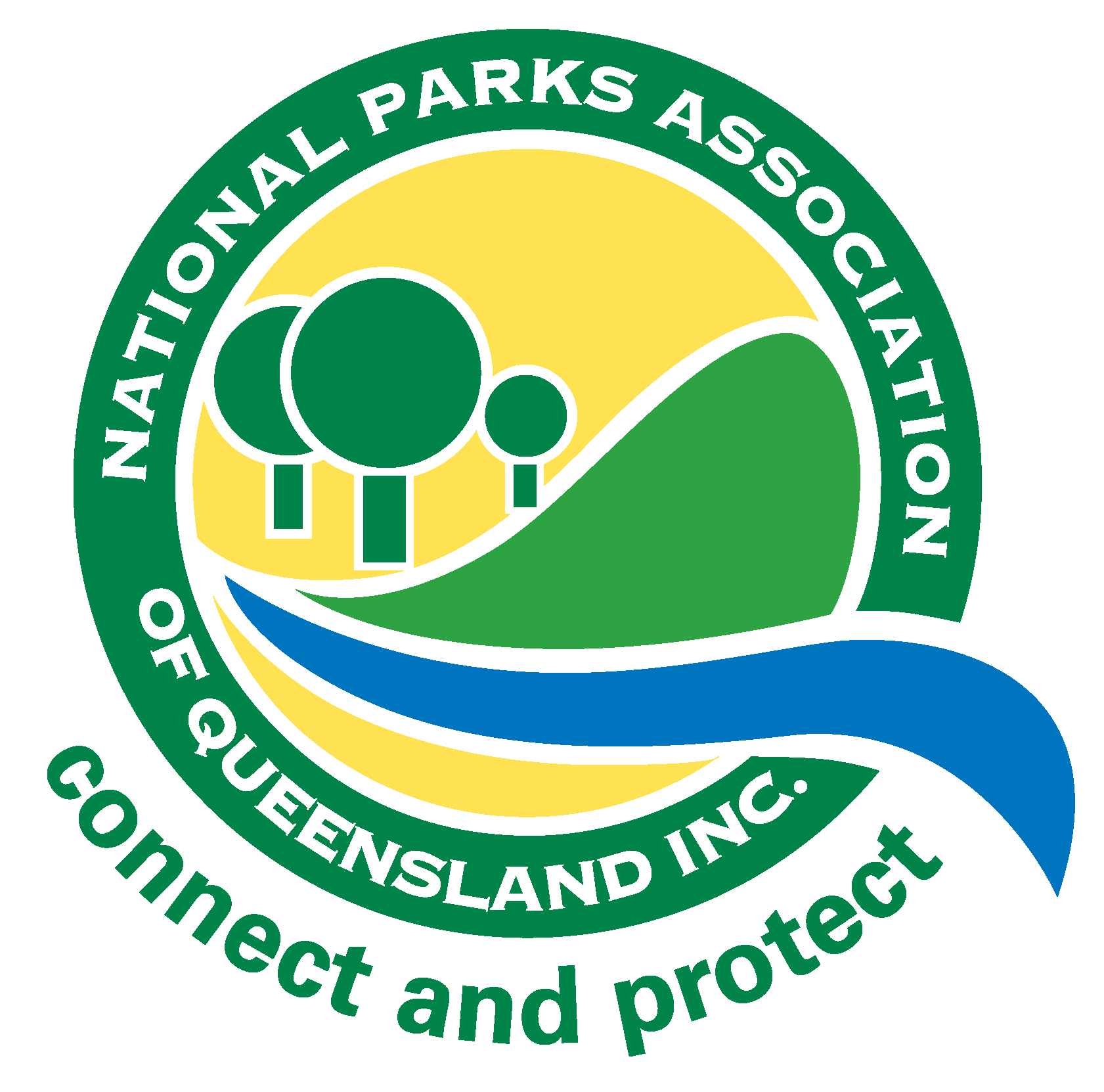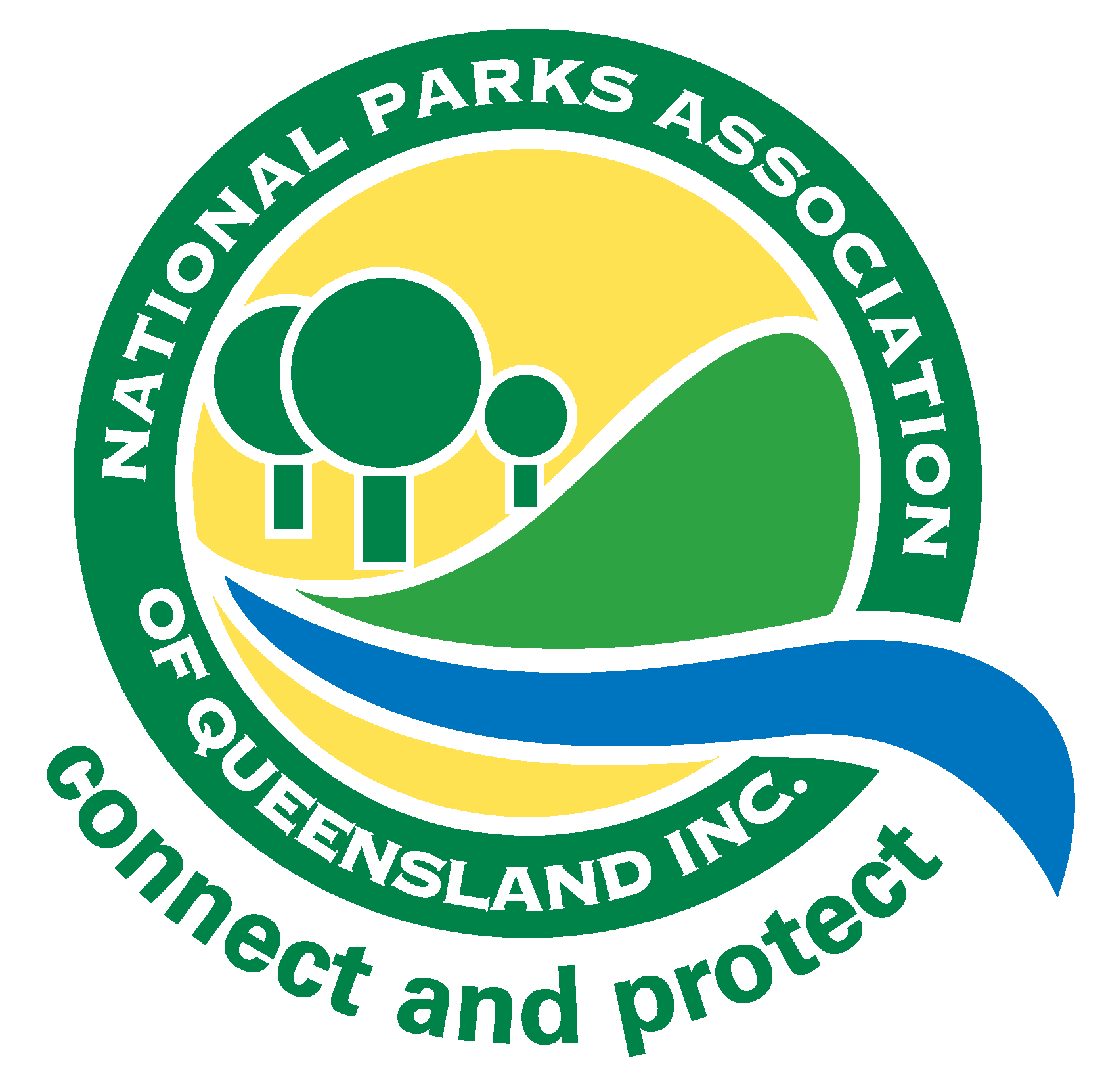National Parks, Nature Refuges, Uncategorized
Be Part of ‘Generation Restoration’ on World Environment Day
This year’s theme for World Environment Day, 5 June 2024, is Land restoration, desertification and drought resilience, with the slogan “Our land. Our future. We are #GenerationRestoration.”
Outside of icy Antarctica, Australia is the driest continent on earth – 70% of Australia’s land mass is either arid or semi-arid land. Such parched aridity makes Australia one of the places most in need of restoration to protect our fragile topsoil, revegetate and renew native landscapes and protect vital water supplies.
Unsung Landscapes
Despite drylands facing great water scarcity, they cover 41% of the Earth’s land surface and 78% of the world’s rangelands. Don’t be fooled by the name, because drylands also generate 44% of crops globally. More than a quarter of the world’s forests and one-third of global biodiversity hotspots are found in drylands.
Almost 60% of all species also live in soil, making land the planet’s most biodiverse habitat. Soil microorganisms are also important in producing antibiotics. Penicillin, for example, comes from a small fungus living in the soil.

Queensland’s expanding network of protected areas – whether national parks, conservation reserves, special wildlife reserves, Indigenous Protected Areas or other private protected areas – smooths the process of restoring wild landscapes and providing ecosystem benefits. Australia is committed to transforming this interconnected mosaic of landscapes that will cover 30% of the landmass by 2030, and NPAQ’s decades long push to increase Queensland’s safe havens is gaining effect, with the recent announcement of a second special wildlife reserve in Queensland.
“Protecting and regenerating habitat isn’t just good for the land – studies show that it’s good for us and for economies, too. Statistics from this year’s World Environment Day focus on global economic benefits, but here at NPAQ, we’re exploring the full range of ecosystem services that protected areas generate for Queensland,” says NPAQ CEO Chris Thomas. “We hope to complete that research soon, to help demonstrate just how valuable expanding the state’s protected areas will be.”
People Power
Government and organisation efforts aside, never overlook the power of personal movements. World Environment Day 2024 is a reminder that we all can step up to spark global change to address environmental degradation. This year, the UNEP has developed a practical guide to how you can help, from simple tasks like encouraging pollinators to following the Miyawaki method to grow a micro-forest in the city in just two to three decades.
You can also spread the word and inspire others by sharing how you are helping to revive lands and using the hashtags #GenerationRestoration and #WorldEnvironmentDay or get into the groove of #GenerationRestoration for #WorldEnvironmentDay with this classic conservation playlist on Spotify, curated by UNEP personnel.


